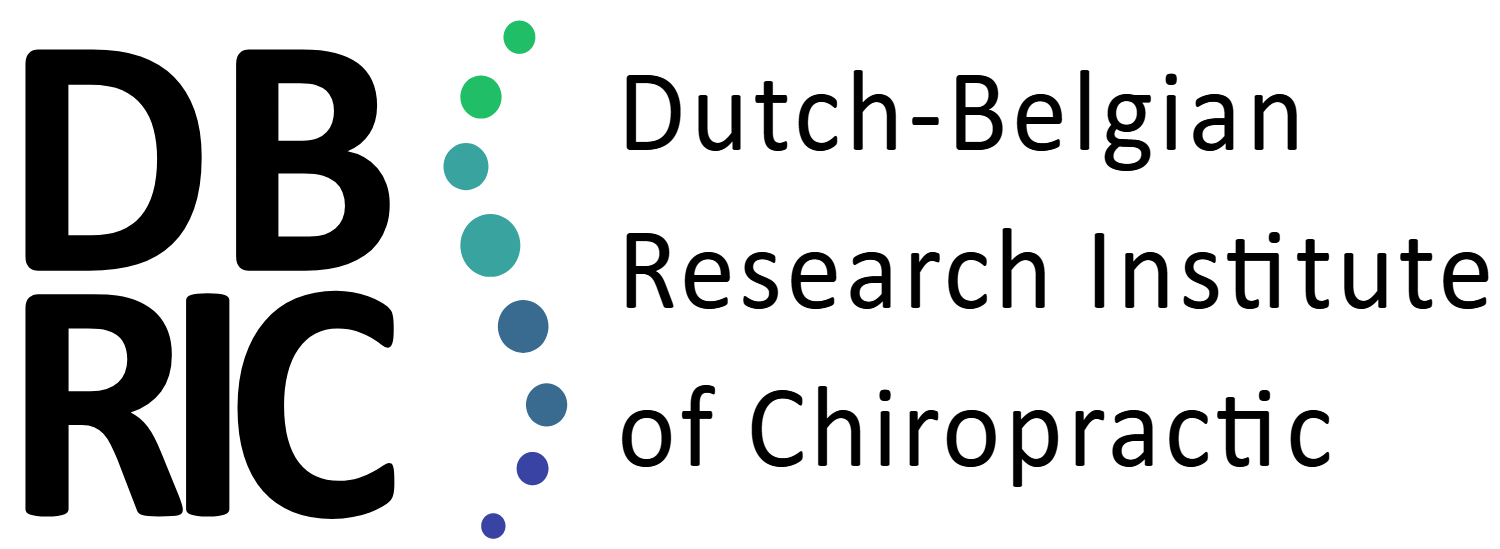Hello everybody,
In my last blog I promised to tell you a little bit more about the start of my project. However, I would like to postpone this. Over the coming 6 months, a lot of progress will be made: collecting data, developing surveys, collecting more data. All very interesting stuff to write and read about. However, after these 6 months, the project will be more about data analysis and writing papers. I love data analysis, but sadly it’s not very interesting to write about. Therefore, I would like to postpone my writing about the start of the project until then.
First, I would like to tell you a little bit more about the stage of the project we are in now. It is qualitative research. There are two types of research we are using in our project: quantitative and qualitative. The research we all know best is quantitative research: ‘How large is the effect of treatment A?’, ‘How much is the risk of side effect A?’, or ‘How well do we execute treatment A according to the guidelines?’. All these questions can be answered with a number. This is the most basic explanation of quantitative research: it’s about the numbers. Qualitative research is much more about words. ‘Is it easy to work according to the guidelines?’, ‘How does the patient feel about side effect A?’, or ‘How does the patient experience treatment A?’. These questions typically cannot be answered with a number. Qualitative research evaluates the feelings, the experiences, and the opinions of the people.
Our project consists of both quantitative and qualitative parts. First, we need the qualitative research to determine the questions we want to ask in the quantitative part. We collect the qualitative data in three stages: first, we’ll do individual interviews to gain in-depth information and secondly, we ‘ll use two focus groups (group interviews) to rank the information collected in the individual interviews. The individual interviews were conducted in the spring, but last week we have conducted the first focus group with 6 therapists.
Of course, before being able to conduct interviews or focus groups, we needed a plan. What we did first, was set up a list of questions that will most likely give us the answers we wanted. The focus group is more than asking questions. It is supposed to be an interactive process to gain information. Therefore, we also need to develop an approach to evoke discussion between participants. Once there is a concrete plan, we ‘ll continue to schedule the focus group. Sadly, in research, the most time-consuming part is recruiting participants. It took us three months; from the moment we first contacted our contact persons of the national associations until the moment of the focus group. It is difficult to find people willing to cooperate. When we had found enough people, it is also difficult to find a time they are all able to participate.
Nevertheless, last Wednesday evening, it was finally showtime. We have conducted the focus group with 2 chiropractors, 2 manual therapists and 2 osteopaths. Besides me and the 6 therapists, one other person was present: the qualitative research specialist of our project team. I loved having her present. The way you formulate and ask the questions has a large effect on the answers you will get, as you all are familiar with from interaction with our patients. The benefit of having our qualitative research specialist present is that she was able to give pointers during the interviews on how to improve the line of questioning. Besides these tips and tricks, she also did the ‘behind the scenes’ jobs. Making sure people with connectivity problems were helped and that the answers were well documented and arranged properly for the following stage of the focus group. Life saver!
The different ages, different patient populations and the different professions of the therapists made the discussions very lively and gave us interesting answers. After two and a half hours of great conversation, we had finally discussed all the topics we had planned. Now onto transcribing and analyzing the focus group. Stay tuned for the published results.
The offer still stands: if anyone wants to be in contact to have more information about conducting research, don’t hesitate to reach out!
Warm regards,
Lobke De la Ruelle
l.p.delaruelle@vu.nl
X: @LobkeRuell
